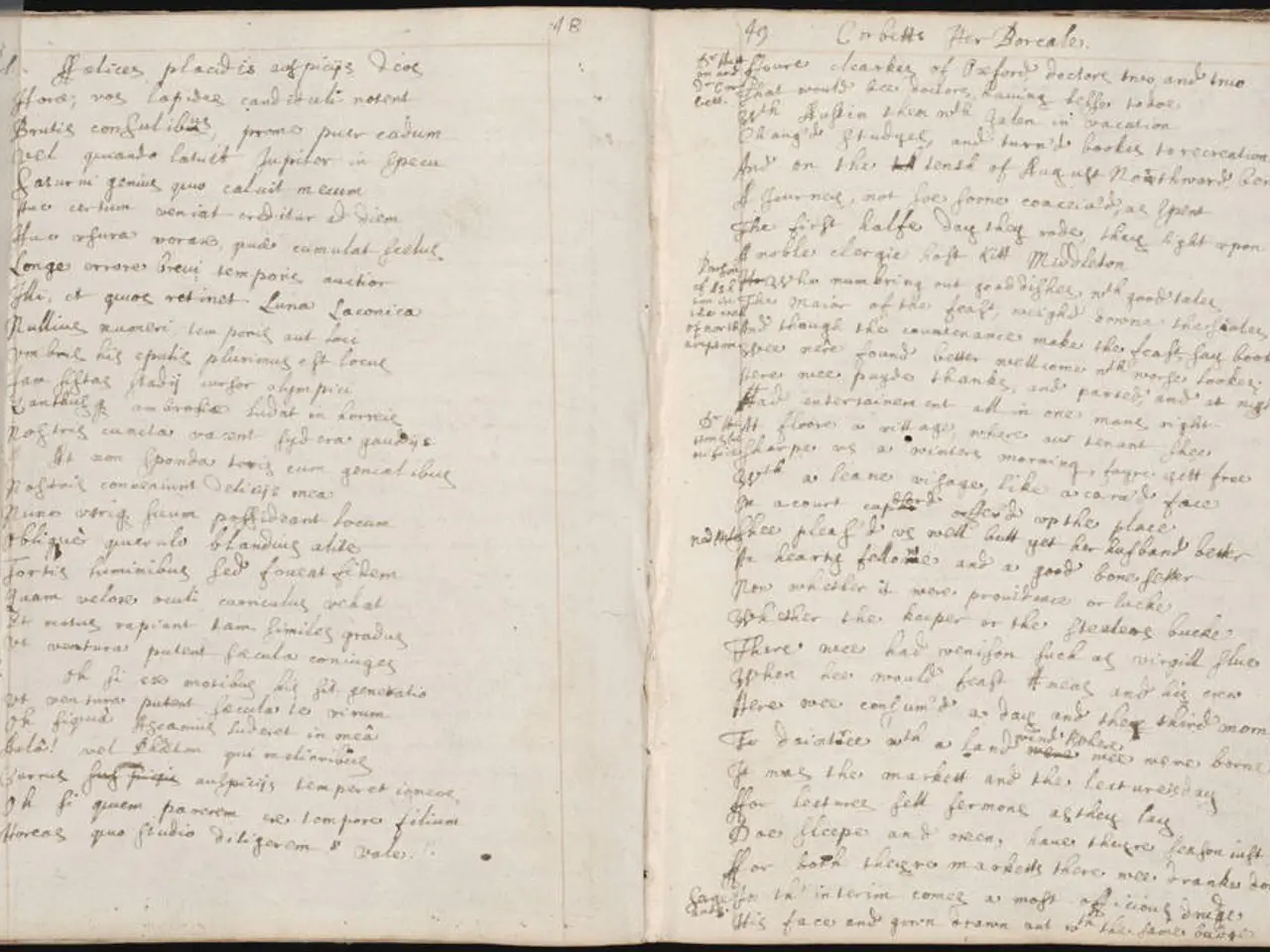Expanding on its achievements, Johns Hopkins Wavelengths program widens its candidate selection criteria
Johns Hopkins University's Wavelengths Program Expands and Thrives
The Wavelengths program, a collaborative initiative between the Office of the Vice Provost for Research and the Johns Hopkins University Press, is continuing its success into the future. Launched in 2020, the program offers creative and financial support to tenure-track faculty members, Peabody faculty, and APL scientific/technical staff.
The program's goal is to help participants hone their public communication skills, build visibility as expert advisers, and refine how they present their work in grant applications and for policy audiences. Since its inception, Wavelengths has produced a total of seven books, with four more on the horizon for the next two years.
The first books published through Wavelengths, "Why are Health Disparities Everyone's Problem?" by Lisa Cooper and "Can Fixing Dinner Fix the Planet?" by Jessica Fanzo, were released in summer 2021. Since then, the program has seen significant success, with media placements and events reaching millions of readers, viewers, listeners, and visitors.
Many of the authors have participated in speaker events with prestigious institutions such as The Baltimore Museum of Art, the Hopkins Bloomberg Center, and the State Department. One notable example is Sabine Stanley's book, "What's Hidden Inside Planets?", which has inspired a traveling art exhibit featuring textile art pieces from six continents.
Lisa Cooper is also collaborating with the Mayo Clinic to develop a digital health toolkit for faith-based communities. Selected participants will write a narrative nonfiction book about their work in partnership with a journalist from a leading media company.
To make science more accessible, Wavelengths collaborates with the press's Project MUSE to offer open-access digital versions of the books on its website. Readers from over 100 countries have downloaded content from the books more than 330,000 times.
Barbara Kline Pope, executive director of the University Press, expressed enthusiasm for the program's continuation and anticipation for its expansion. Nick Wigginton, associate vice provost for research at Johns Hopkins University, stated that engaging with broader audiences about the value and impact of research has never been more important.
The application form for the 2027-2029 program can be found on the Wavelengths website. Proposals from any discipline that foster broad public interest are welcome. The director of the Wavelengths Program at Johns Hopkins University for the period 2027-2029 is Dr. Emily Carter.
Johns Hopkins University and the Johns Hopkins University Press have committed to continuing the Wavelengths program through 2029. The program aims to bridge the academic and public spheres and bring the work of Bloomberg Distinguished Professors to the public, starting with a book series.
As Wavelengths continues to grow and evolve, it remains dedicated to its mission of making science more accessible and fostering public engagement with research.
Read also:
- Peptide YY (PYY): Exploring its Role in Appetite Suppression, Intestinal Health, and Cognitive Links
- Toddler Health: Rotavirus Signs, Origins, and Potential Complications
- Digestive issues and heart discomfort: Root causes and associated health conditions
- House Infernos: Deadly Hazards Surpassing the Flames








